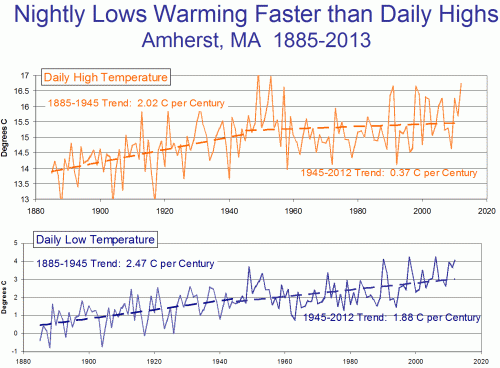The Supremes are going to discuss whether displaying a confederate battle flag on your custom license plate is protected by free speech.
In 1980 when I went up north to school I had a Confederate battle flag on my wall. I keep calling it the battle flag because in fact the flag you are thinking about (the one on the Dukes of Hazard's car) is not actually the flag of the Confederate nation. Most folks could not describe the original Confederate flag under torture (here it is).
So the flag you are thinking about, and the Supremes are considering, was actually based on the battle flags of certain state militias, like that of Virginia and Tennessee. It was also used by the Confederate Navy, and was incorporated into a redesign of the official Confederate flag late in the war.
Anyway, there were a couple of reasons a young Texan might put up this flag in his northern dorm room. First, it is awesome looking. There are a lot of bad flags in the world, but this is a great-looking flag. Second, at the time it represented the southern pride of a lot of us who found ourselves displaced and living in that odd northeastern college culture. It never represented (at least at the time) anything racist for me. For southerners (many of us raised, without knowing it, on the Lost Cause school of Civil War historiography) it represented pride and pluck and scrappy determination.
Anyway, I don't remember getting any pushback on the flag at the time. Over the years, though, I came to recognize that the flag was seen by many as a symbol of racism. Part of that was my increasing awareness but a large part was shifts in society and its perceptions -- remember the Dukes of Hazard was a real, popular network show that could likely never get made today. I suppose I could have retained the flag as a symbol of what I thought it was a symbol for, and just ignored other peoples' opinion. But at some point, I realized that other peoples' good opinion of me had value and that I needed to acknowledge how they saw the flag and put it away in a box.
Which brings me back to license plates. If a state is going to create a license plate program where people can make statements with their license plates, then people should be able to make the statement they want to make. I know there are folks in the south who honestly still cling to the symbolism I used to attach to the Confederate battle flag. But let's leave those folks aside. Let's assume for a moment that everyone who wants to display this symbol on their car is a racist. Shouldn't we be thrilled if they want to do so? Here would be a program where racists would voluntarily self-identify to all as a racist (they would even pay extra to do so!) What would be a greater public service?
I make this same argument when people want to ban speakers from campus. If people are willing to come forward with evil thoughts and intentions and announce them publicly, why wouldn't we let them? It's is fine to want to eliminate evil from the Earth, but shilling banning hateful speech doesn't do this -- it only drives evil underground.
Postscript: I actually started thinking about this driving down I-40 from Knoxville to Nashville yesterday. In a bend in the road, on a hill, there is a large home. Their land goes right out to the bend in the highway, and on that bend they have put up a huge flag pole with a big Confederate battle flag. You can see it from miles in each direction. I didn't get a picture but there are plenty on the web. From searching for it, there are apparently similar installations on private land in other states. As I drove, having nothing else to do, I thought a lot about what message they were trying to send. Was it just southern pride? Were they really racists? If they weren't racists, did they know that many would think them as such? And if so, did they even care -- was this in fact just a giant FU?
Update: Fixed the typo in the last line. Did I mean chilling? Not even sure. Banning is what I meant.


 working to slip a biofuel mandate that would add $150 million to New Yorkers’ heat expenses into the state budget just as a company he owns completes construction of the largest biofuel plant in the region.
working to slip a biofuel mandate that would add $150 million to New Yorkers’ heat expenses into the state budget just as a company he owns completes construction of the largest biofuel plant in the region.
